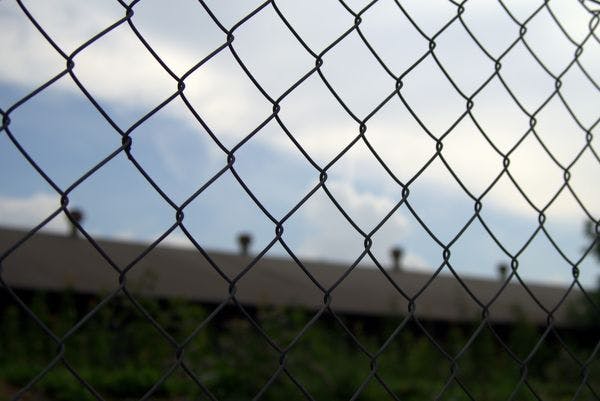Pxfuel
West Africa: Decongesting prisons is a logical approach to limiting the spread of COVID-19
Decongesting prisons is a logical approach to limiting the spread of COVID-19: time to release drug users in prison.
Since the outbreak of the COVID-19 pandemic, authorities in West Africa have made enormous efforts to prevent the spread of the virus, particularly in prisons and other detention centres. Some governments have sponsored regular disinfection of prisons and distributed protective equipment to prison officers. Others have minimized prison visitations and even released a few prisoners. These efforts, while commendable, have not had a significant impact on reducing the size of prison populations across the sub-region. It is reported that 14 West African countries are among 115 countries where the total prison population exceeds the official capacity of their prisons.
Overcrowding in prisons is a major problem in many jurisdictions, and presents is a major impediment to limiting the spread of the Coronavirus disease. It makes social distancing and regular hygiene practices, which are the fundamental behavioural requirements to stop the spread of the COVID-19 virus, almost impossible. It undermines the ability of prison administrators to meet basic human rights and health care standards for inmates; To keep the virus out of prisons and detention facilities or limit its spread in those places, authorities in West Africa need to consider releasing inmates and detainees, especially those facing charges or prison terms for minor, non-violent drug offences. Shutting down compulsory detention centres (ostensibly for the purpose of rehabilitation) for persons suspected of having used or abused drugs could be helpful. No evidence exists that these compulsory detention centres are effective in treating or rehabilitating drug dependence. The detention of people in such facilities raises human rights issues and threatens the health of detainees, hence increasing the risks of COVID-19 outbreak therein.
